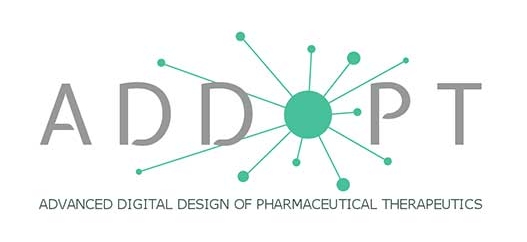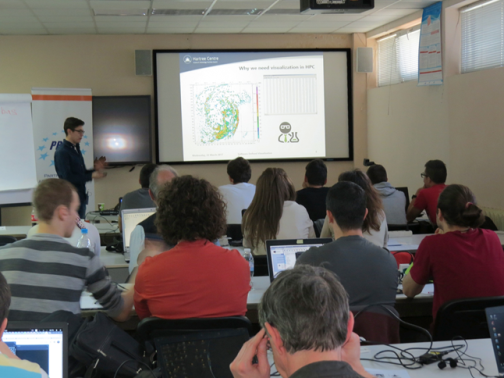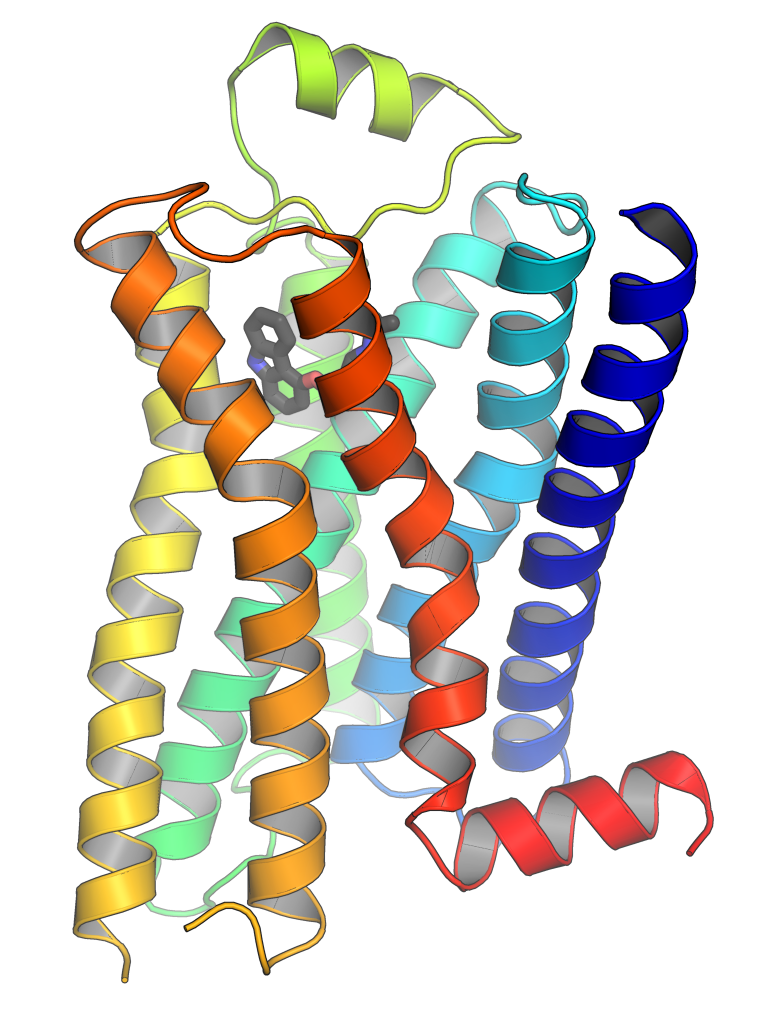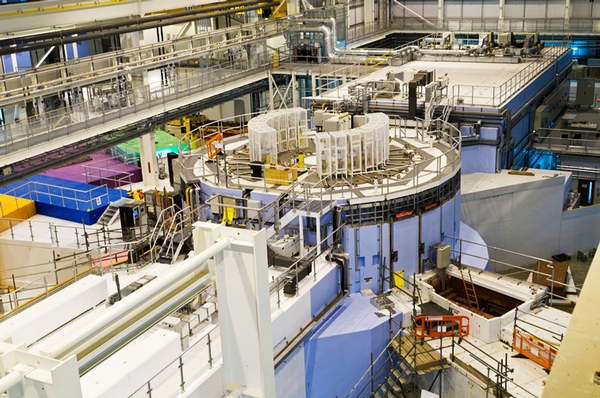
SCD's Application Division computational engineering team has been awarded a grant for R&D on 'Digital Nuclear Reactor Design '. This high profile effort is funded through the Department for Business, Energy and Industrial Strategy (BEIS). It involves Dr Charles Moulinec and Prof. Dave Emerson with partners from Frazer-Nash, Westinghouse, EDF, and the Universities of Manchester and Sheffield. In addition the engineering group has received an EPSRC ARCHER Leadership Award. This provides significant compute time for preliminary work as part of the aerodynamics consortium. The work will involve Prof. Mark Savill (Cranfield University, Principal Investigator) and Dave Emerson.
The computational chemistry group, led by Dr Ilian Todorov, has been awarded an EPSRC grant entitled 'Beyond Classical Molecular Dynamics: Developing DL_POLY'. This work will be a collaboration with Neil Allan (University of Bristol, Principal Investigator) and further develop this flagship code, which is part of the collaborative computing project CCP5. This will support the research community in using atomistic simulations to understand condensed phases of matter ranging from small molecules to biological macromolecules.
SCD DL_MONTE code is also in the CCP5 portfolio. In February a new major release, 2.02 came out. It included new methods and functionality as boundary walls, long range corrections, further replica exchange parallelism for Free Energy calculations and Phase Shifted Monte Carlo.
SCD work on the ADDoPT (Process Systems Enterprise (PSE)/Advanced Manufacturing Supply Chain Initiative pharmaceutical project at the Hartree Centre) has led to 25 fold increase of speed of calculations of project work-flows, praised by PSE and leading to 2 years of further effort assigned at Daresbury Laboratory.
 SCD together with the Hartree Centre - via the Intel Parallel Computing Centre /Partnership for Advanced Computing in Europe (PRACE), the National Centre for Supercomputing Applications,Bulgaria, INTEL, Bayncore and Rila Solutions, have participated in delivering two PRACE-funded, workshops at the Institute of Informatics and Communication Technologies, Sofia, Bulgaria: Enabling Software Scalability and Performance on INTEL Xeon and Xeon Phi Platforms (15-17 December 2016), Practical Programming Models and Skills on INTEL Xeon Phi for Scientific Research Engineers (22-24 March 2017).
SCD together with the Hartree Centre - via the Intel Parallel Computing Centre /Partnership for Advanced Computing in Europe (PRACE), the National Centre for Supercomputing Applications,Bulgaria, INTEL, Bayncore and Rila Solutions, have participated in delivering two PRACE-funded, workshops at the Institute of Informatics and Communication Technologies, Sofia, Bulgaria: Enabling Software Scalability and Performance on INTEL Xeon and Xeon Phi Platforms (15-17 December 2016), Practical Programming Models and Skills on INTEL Xeon Phi for Scientific Research Engineers (22-24 March 2017).
In March the CCP4 team hosted the annual CCP4 Developers Meeting in Oxfordshire. Around 50 methods developers from the UK and collaborators from Europe discussed topics including processing data off the latest beamlines, accurate modelling of drug candidates bound to protein targets, and preparation for the next grant renewal.
Daresbury Laboratory hosted a group of 60 undergraduate students from Liverpool John Moores at the beginning of March 2017.
 James Gebbie from the computational biology group entertained them with a presentation on G Protein Coupled Receptors (an important class of drug targets) and EPGR (a common target of anti-cancer therapies), explaining the role of simulation in understanding these proteins.
James Gebbie from the computational biology group entertained them with a presentation on G Protein Coupled Receptors (an important class of drug targets) and EPGR (a common target of anti-cancer therapies), explaining the role of simulation in understanding these proteins.

SCD staff organised and ran a day-long computer modelling and simulation session as part of the annual ISIS neutron training course, and trained ISIS users in how to exploit modelling and simulation to interpret their experiments.
